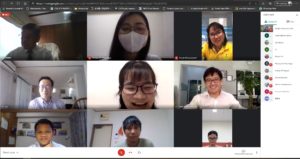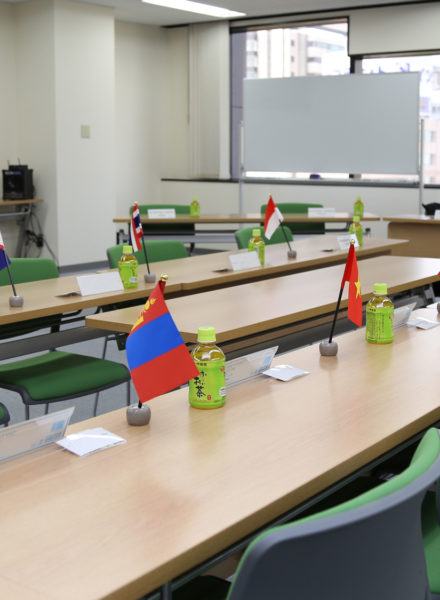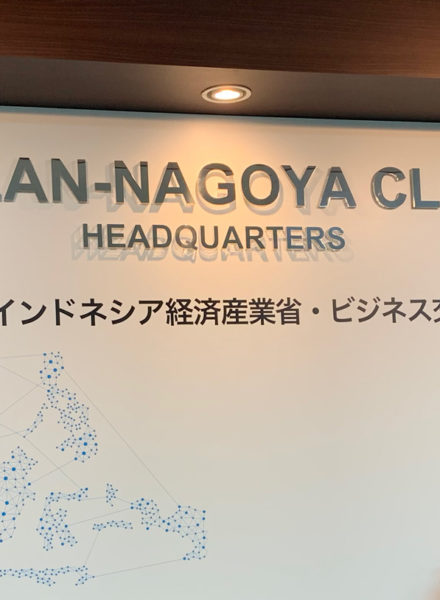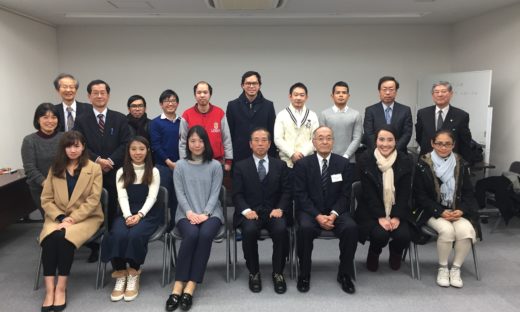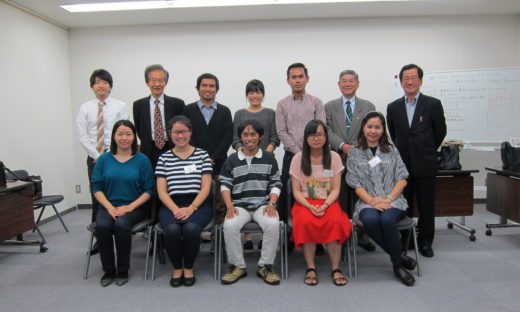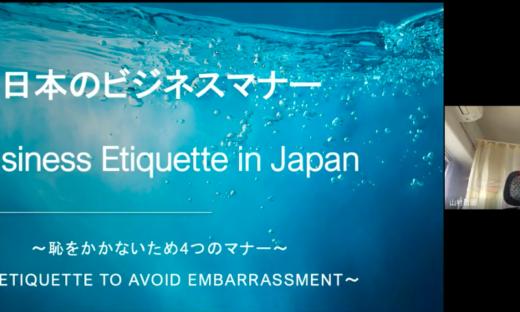定例ミーテイング 「ベトナムと新型コロナウィルス」Regular Meeting “Vietnam and Covid-19”
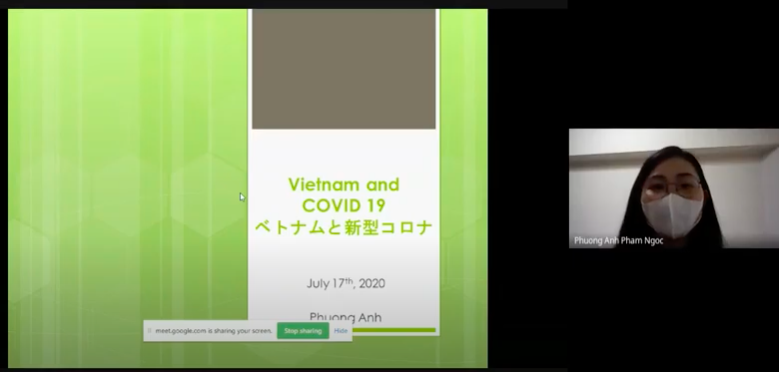
今回の参加者は、以下の通りです。
- 代表理事 小里孝
- 理事 山村哲朗
- 顧問 西孝雄
- Phuong Anh Ngoc Pham
- Gito Santos (東ティモール)
- Bangkit Aditya Wiryawan (インドネシア)
- Samuth Nenchan (カンボジア)
- Chia-jung Wu (台湾)
- Nguyen Quang Vinh (ベトナム)
- Kenshiro Yamashita(日本)
- Phung Thuy Linh (ベトナム)
- Tang Temsiri Klissanavanich (タイ)
- Lim Lyhong (カンボジア)
今週、アイン(Phuong Anh Ngoc Pham)さんは、ベトナムと新型コロナウィルスについて発表しました。
ベトナムは、新型コロナウイルスの封じ込めに成功した国とされています。世界で新型コロナウイルスの感染が拡大している中、2020年7月12日の時点でベトナムの感染者数はわずか373名にとどまり、死者はゼロです。人口が一億人に近いにもかかわらず、こうした数字がでたことから、ベトナムは世界で新型コロナ感染症の対策を最も効果的に行っている国の一つと評価されています。
なぜ、ベトナムは世界トップレベルで新型コロナウィルスの国内感染を抑制できたのでしょうか。アインさんによれば、理由は様々ですが、挙げられるのは、ベトナムは早い段階から厳しい対策を実施してきていることです。例えば、2019年12月に新型コロナウィルスの感染者の情報が公開されたときに、政府は感染の地域を特定したり、学校閉鎖を実施したり、外国からの入国を制限したりしていました。また、社会隔離も実施されています。現在、ベトナム人に関しては、段階的に入国可能となっていますが、14日間の強制隔離が適用されています。さらに、政府は、テレビやインターネットで情報を徹底的に発信していました。特に、感染者の個人情報や同感染者が行った場所が公開されています。
感染者の個人情報の公開は、感染拡大の防止に繋がったのですが、プライバシー権の侵害ではないかと議論されています。例えば、日本では、感染者の情報が公開されることはプライバシー権を侵害しているから、認められていません。しかし、ベトナムは、プライバシー権よりも、国民の生命と健康を優先しています。
新型コロナウィルスがベトナムの経済に与える影響は大きいです。ベトナムは、徹底した隔離政策、国境封鎖政策を実施していたので、当然ながら経済は被害を受けています。観光業、農業、運輸業などは重大な打撃を受けています。
将来の見込みとして、経済復活の可能性と課題はあります。可能性として、地元製品の消費の増加、外国投資の増加、ヨーロッパとベトナム貿易協定により輸出が増加し、インターネット社会へ変革(オンライ学習、キャッシュレス決済)です。課題として、人々は、個人消費支出よりも節約したいこと、製品の品質の課題や、インフラ整備などです。
今回、参加者がベトナムの新型コロナウィリス対策について多く学びました。また、自国の状況とも比較し、活発に議論していました。
The participants are as follow:
• Representative Director Takashi Kosato
• Director Tetsuro Yamamura
• Advisor Takao Nishi
• Phuong Anh Ngoc Pham (Vietnam)
• Gito Santos (East Timor)
• Bangkit Aditya Wiryawan (Indonesia)
• Samuth Nenchan (Cambodia)
• Chia-jung Wu (Taiwan)
• Nguyen Quang Vinh (Vietnam)
• Kenshiro Yamashita (Japan)
• Phung Thuy Linh (Vietnam)
• Tang Temsiri Klissanavanich (Thailand)
• Lim Lyhong (Cambodia)
This week, Ms. Phuong Anh Ngoc Pham presented about Vietnam and the new coronavirus (COVID-19).
Vietnam is said to have succeeded in combatting COVID-19. As the infection of COVID-19 spreads around the world, as of July 12, 2020, the number of infected people in Vietnam was only 373, and the number of deaths were zero. Despite its population of nearly 100 million, these figures make Vietnam one of the most effective countermeasures against COVID-19 in the world.
Why was Vietnam able to control the domestic infection of the new coronavirus at the world’s top level? According to Ms. Anh, there are various reasons, but one of them is that Vietnam has taken strict measures from an early stage. For example, when information on people infected with COVID-19 was released in December 2019, the government identified areas of infection, closed schools, and restricted entry from abroad. Social isolation had also been implemented. Currently, Vietnamese are gradually allowed to enter the country, but 14 days of forced quarantine is applied. In addition, the government was thoroughly disseminating information on television and the Internet. In particular, the personal information of the infected person and the place where the infected person went are disclosed.
Disclosure of personal information of infected people has helped prevent the spread of infection, but it has been argued that it may be an infringement of privacy rights. For example, in Japan, disclosure of infected person information is not permitted because it violates the right to privacy. However, Vietnam prioritizes the life and health of its people over the right to privacy.
The impact of COVID-19 on Vietnam’s economy is significant. Vietnam has implemented a thorough segregation policy and border blockade policy, so the economy is naturally damaged. Tourism, agriculture and transportation have been hit hard.
As for the future prospects, there are possibilities and challenges for economic revival. Potentially, increased consumption of local products, increased foreign investment, increased exports due to trade agreements between Europe and Vietnam, and transformation into an Internet society (online learning, cashless payment). Challenges include people wanting to save more than personal spending, product quality challenges, and infrastructure development.
This time, participants learned a lot about Vietnam’s measures against COVID-19. Participants also compared the situation in their respective countries and had lively discussions.
